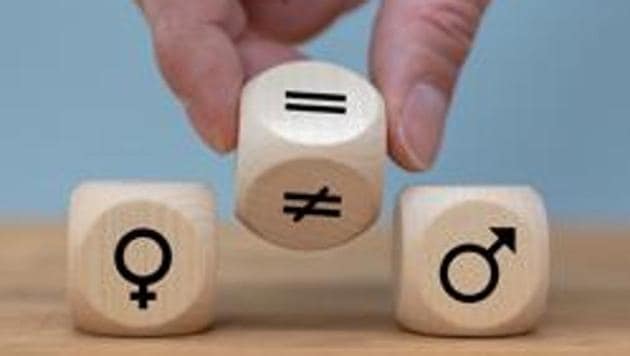Pune’s sex ratio data for 2019 shows slide
Velankar said that the drop shows the poor implementation of the Pre-Conception and Pre-Natal Diagnostic Techniques (PCPNDT) Act, 1994
According to the data released by city-based activist Vivek Velkanar, there has been a drastic drop in the number of female birth registrations in 2019. Velankar said that the drop shows the poor implementation of the Pre-Conception and Pre-Natal Diagnostic Techniques (PCPNDT) Act, 1994.

Velkanar, who retrieved the data from the Pune Municipal Corporation’s (PMC) birth/death registration office said, “It is a matter of concern that the birth rate of girls in Pune has dropped. The health department of the municipality has informed me about the birth of boys and girls in Pune for the period between 2016 and 2019. The data shows the rate has gone down from 932 girls per thousand boys to 904 per thousand boys. The figures are shocking and alarming in a city like Pune.”
He said that the Pune municipal health department needs to take stringent action regarding sex determination before birth and illegal abortions.
Dr Kalpana Baliwant, PMC assistant health chief, who is responsible for the implementation of the Pre-Conception and Pre-Natal Diagnostic Techniques in the city, said that the data is only a reflection of the birth registration and does not necessarily reflect the sex ratio.
“A drop in birth registration does not indicate poor sex ratio it could also mean poor registration overall. We will look into the data and find the exact reason,” she said.
Activist Varsha Deshpande who has been working against female foeticide and a member in the national Inspection monitoring member under health and family welfare ministry, government of India said, “It is true that female sex ratio across the country is going down. The registration at birth is a clear indication that the sex ratio at zero level is down. Biologically the female sex is a stronger gender as compared to the boys which is why naturally there should be 952 female births as against 1,000 male births. Male child is naturally more prone to diseases and malnourishment which can cause death and is a natural way to balance the sex ratio. So, if the PMC has registered only 903 girls for per thousand boys then Pune is losing around 48 girls. The poor implementation of the PCPNDT Act must be questioned. It is not a matter of poor registration because the registration rate across Maharashtra is about 96 per cent.”
She said, “It is a medical crime and the mentality that girls are a liability is still here. Also, the fact that girls are more prone to crime, including rapes and assault, is also leading to families choosing abortion over giving birth to girls.”



